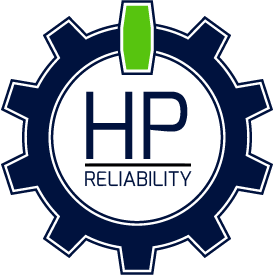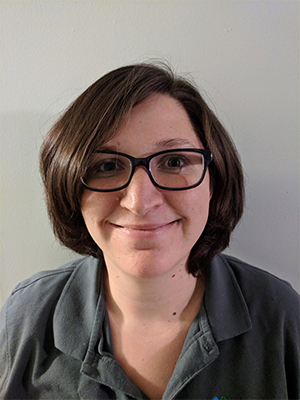Most people struggle with their jobs, not necessarily due to the lack of technical know-how, but because getting along well with others seems to be a challenge. This is one of the pain points that many reliability engineers and professionals are facing.
In this tell-tale podcast episode, Katie emphasized the importance of interpersonal skills to get along well with other people. Having spent roughly 10 years in Maintenance and Reliability and having experienced the challenge herself, she can attest that synergy is a vital element in organizational cohesiveness and effectivity. And the secret lies in improving one s pumpside manner.
Just like the traditional bedside manner observed by doctors and nurses, pumpside manner of engineers speaks of how to treat people as if they were the machines that they really care about. Indeed, reliability engineers become truly effective only when they earn the respect of their colleagues and by promoting transparency, trustworthiness, collaboration, and mutual respect.
In change management and resource management, it all comes down to people. Reliability and maintenance are only effective when people work together and learn from each other to build an effective and sustainable culture. To establish a connection, one must be willing to give and receive inputs, to actively listen from the perspectives of others to get the best information and collectively reach the right decision.
As opposed to hard skills which are job-specific skills and knowledge, soft skills are interpersonal (people) skills which span a wide spectrum of social and emotional intelligence in dealing with others. Communications skills, listening skills, and empathy are a few common examples and help to read social and emotional cues. Active listening, for example, helps to identify the real issues and formulate root cause analysis.
One of the reasons for this struggle is the realization that no education has ever prepared anyone for the real world. Not everything learned from school have relevance in the actual job, so it s vitally important that you have to be willing to learn, to observe, and to connect with your colleagues. Ironically, the actual learning happens right after coming out of school and when you re on the actual job. This is also true for people who s been in the industry for a long time and have never developed the soft skills. Some of the great reliability engineers have developed their core skills during the actual job, and not during school days. The same also realized that these soft skills are crucial in building a culture of collaboration and sustainability. Just like the hard skills, soft skills are acquired and enhanced in an actual work setting when you are dealing with people.
Some reliability leaders think that they are only wired to lead and are better than their subordinates. Oftentimes, they prefer to follow and implement their own ideas to solve an issue. This attitude consequently attracts disloyal and pretentious followers. This can happen to anybody end even to reliability professionals with good soft skills but they just didn t pay attention to things happening around them because they were so busy solving a problem or looking after the production of the plant.
Now, why does this happen? And how do you improve your people skills? Well, this problem occurs when there is lack of vertical and horizontal communication, lack of active listening, talking too much, talking over one another, self-centeredness, egotism, among others. To improve this situation, especially when meeting with other leaders or staff regarding certain issues, you don t have to be the smartest person in the room all the time. Secondly, to actively listen, talk less and listen more. Allow for a 2-way exchange of ideas. Show genuine interest in the ideas of others in the hope to get new insights into the problem. Learn from one another. It doesn t mean that when you went to school or you had certifications, you know everything. You ll be surprised to know that anyone can provide a unique insight into the problem. Lastly, managing perceptions. Pay attention to what you are saying and how you are saying it. Watch out for your choice of words, your tone, and even your non-verbal cues to avoid negative interpretations and perceptions.
Like the saying goes, the whole is greater than the sum of its parts . So does organization which is composed of different people of different background and expertise. If everyone works as one unit, a far more effective result is achieved.
Eruditio Links:
- Eruditio
- A Smarter Way of Preventative Maintenance Free eBook
- inspired Blended Learning
- James Kovacevic s LinkedIn
Katie Switzer Links:
- Katie Switzer’s LinkedIn
- Accendo Reliability – Advanced Engineering Culture
- Why Does Everyone Hate Me? How to Improve Your Pumpside Manner in 3 Easy Steps Blog
- Pump Summit Americas 2018
The post 93 – Why Does Everyone Hate Me : How You Can Improve Your Pumpside Manner in 3 Easy Steps with Katie Switzer appeared first on Accendo Reliability.

